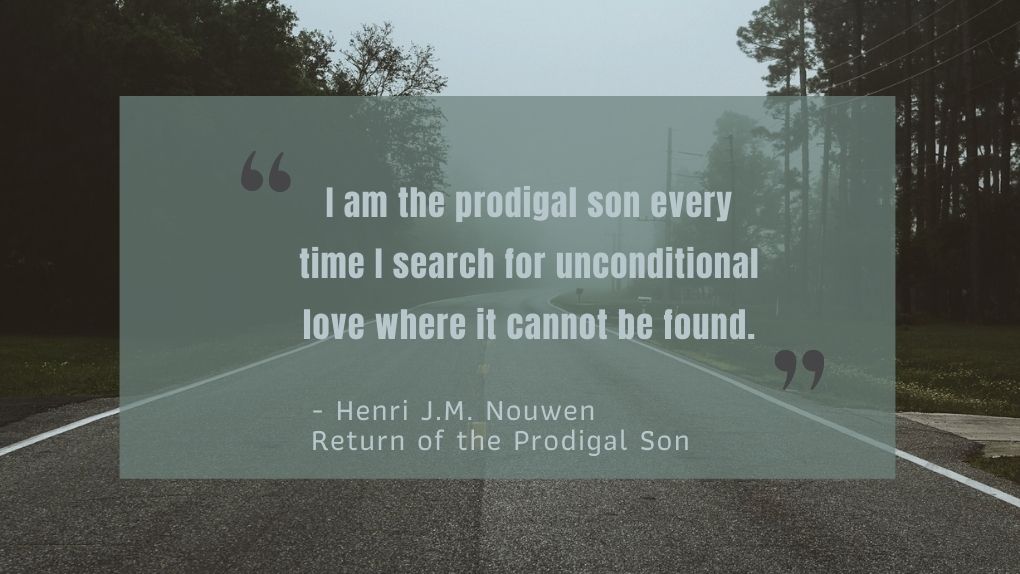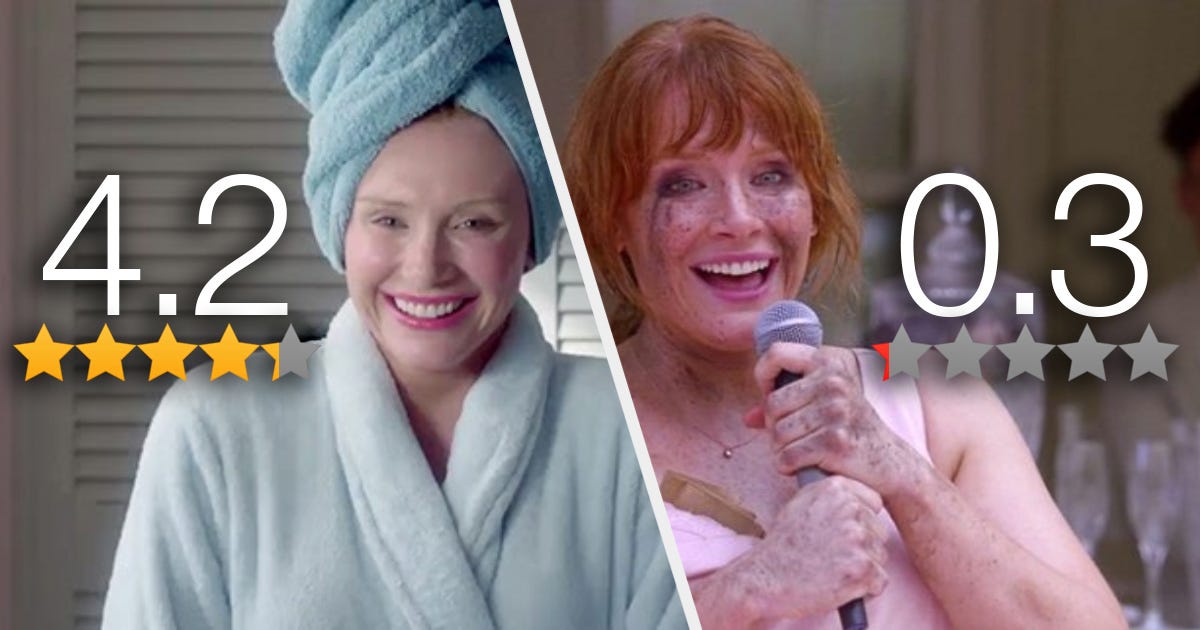Those of us who are parents, who raised children and saw kids growing up know very well that children can be very specific and peculiar in what they want and when they want it. A week after they receive their Christmas presents my kids already know exactly what they want for next Christmas. Of course, children do not fully recognize and realize how Santa and their parents will achieve it or how this might impact them. Naturally, children do not go through a process of deep reflection and self-examination that would reveal that their lives are already filled with countless blessings, toys and games that they rarely play with and enjoy. Kids are interested in the end results. They are convinced that once they finally have the object of their desires, their lives will be much better and happier.
As adults, we can easily dismiss such behavior as something unique to children. Yet, deep on a subconscious level, our intentions, the direction of our lives, the way in which we pursue our hopes, dreams and plans can be so polarized and self-absorbed that we rarely pause to reflect on how is this affecting us, the people we love, our relationships and our faith.
Today we remember and recall the parable of the Prodigal Son from the Gospel of St. Luke, chapter 15. We see that the younger son knew exactly what he wanted in life and when he wanted it. He desired to receive his portion of the inheritance. Perhaps, his intentions were good. Perhaps he even had a noble cause and financially sound plan as to what he wanted to do, pursue and achieve with his newfound wealth. But as we see in the story, this is not what happened at all. His plans fell apart, his hopes faded away, he lost all he had. He ended up in the most humiliating and shameful point of life for a Jewish man when he was forced to feed and sustain himself by sharing food and shelter with the swine. This painful experience and encounter with human misery helped him see his relationship with his father and family in a new light. He came to the realization that his family was the true treasure and wealth of his life and that through his irresponsible and selfish decisions, he lost them and caused them pain.
How can this ancient parable help us today? How can it help us rediscover and evaluate the true sources of joy, peace and happiness in our lives? This story reminds us that we can’t truly enjoy any financial prosperity, security and anything that money can buy if we ignore and neglect to appreciate the things that money can’t buy. The parable teaches us that our lives are always heading towards trouble and misery when we value and appreciate material things more than the people in our lives, when we treasure and value pleasure more than duty, when we pursue joy and happiness in distant places and fail to see the blessings we have right at home. Everything the prodigal son desired and hoped to find in the far country, he found in home and family when he returned to them. Wealth, love, celebration, forgiveness and understanding, clothing, jewelry and friends were all right there, next to him all along while he was chasing their distant shadows in foreign lands and countries.
Most importantly, the parable of the prodigal son is a reminder that there is no unconditional love, true joy and peace outside the presence of God in our lives. It is only through him, in him and with him that we can fully feel alive, feel present and whole in life. The parable is a wake-up call that we are the prodigal son every time we search for unconditional love where it can’t be found (see Henri J.M. Nouwen, Return of the Prodigal Son). It creates an opportunity for us to pause, reflect and realize that the true inheritance and wealth of human life are the people around us, the presence and peace of Christ in our lives.


